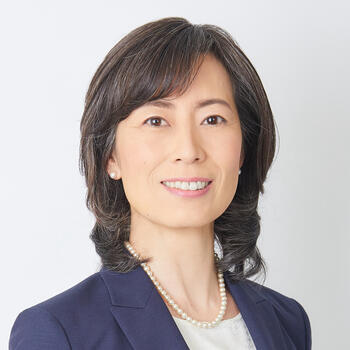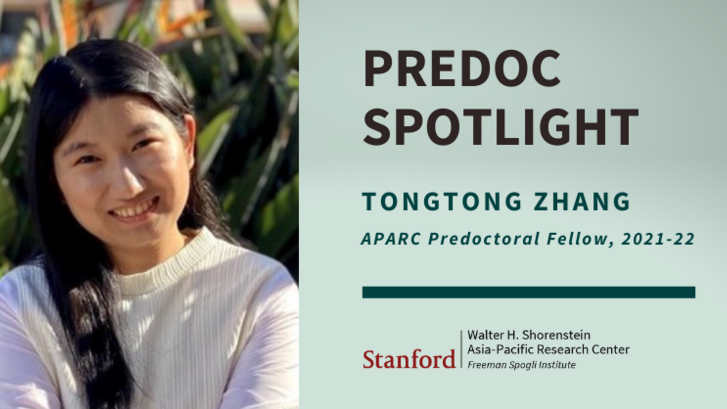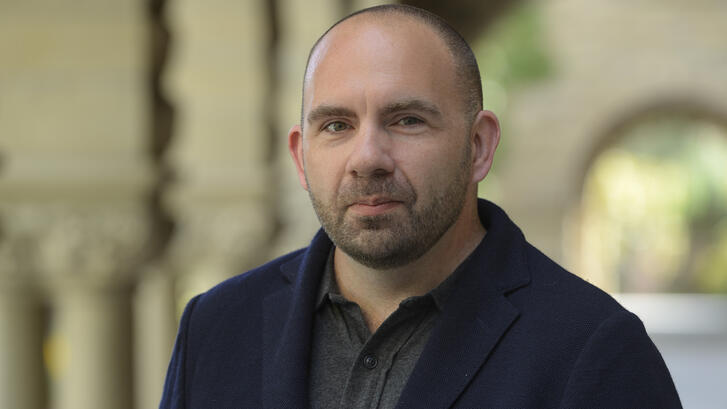Nominations Open for 2023 Shorenstein Journalism Award
The Walter H. Shorenstein Asia-Pacific Research Center (APARC), Stanford University’s hub for interdisciplinary research, education, and engagement on contemporary Asia, invites nominations for the 2023 Shorenstein Journalism Award. The award recognizes outstanding journalists and journalism organizations with outstanding track records of helping audiences worldwide understand the complexities of the Asia-Pacific region. The 2023 award will honor a recipient whose work has primarily appeared in Asian news media. APARC invites 2023 award nomination submissions from news editors, publishers, scholars, journalism associations, and entities focused on researching and interpreting the Asia-Pacific region. Submissions are due by Wednesday, February 15, 2023.
Sponsored by APARC, the award carries a cash prize of US $10,000. It alternates between recipients whose work has primarily appeared in Asian news media and those whose work has primarily appeared in American news media. The 2023 award will recognize a recipient from the former category.
For the purpose of the award, the Asia-Pacific region is defined broadly to include Northeast, Southeast, South, and Central Asia and Australasia. Both individual journalists with a considerable body of work and journalism organizations are eligible for the award. Nominees’ work may be in traditional forms of print or broadcast journalism and/or in new forms of multimedia journalism. The Award Selection Committee, whose members are experts in journalism and Asia research and policy, presides over the judging of nominees and is responsible for the selection of honorees.
An annual tradition since 2002, the award honors the legacy of APARC benefactor, Mr. Walter H. Shorenstein, and his twin passions for promoting excellence in journalism and understanding of Asia. Over the course of its history, the award has recognized world-class journalists who push the boundaries of coverage of the Asia-Pacific region and help advance mutual understanding between audiences in the United States and their Asian counterparts.
Recent honorees include NPR's Beijing Correspondent Emily Feng; Burmese journalist and human rights defender Swe Win; former Wall Street Journal investigative reporter Tom Wright; and the internationally esteemed champion of press freedom Maria Ressa, CEO and executive editor of the Philippine news platform Rappler and winner of the 2021 Nobel Peace Prize.
Award nominations are accepted electronically through Wednesday, February 15, 2023, at 11:59 PM PST. For information about the nomination procedures and to submit a nomination please visit the award nomination entry page. The Center will announce the winner by April 2023 and present the award at a public ceremony at Stanford in the autumn quarter of 2023.
Please direct all inquiries to aparc-communications@stanford.edu.
Read More

Sponsored by Stanford University’s Shorenstein Asia-Pacific Research Center, the annual award recognizes outstanding journalists and journalism organizations for excellence in coverage of the Asia-Pacific region. News editors, publishers, scholars, and organizations focused on Asia research and analysis are invited to submit nominations for the 2023 award through February 15.


































